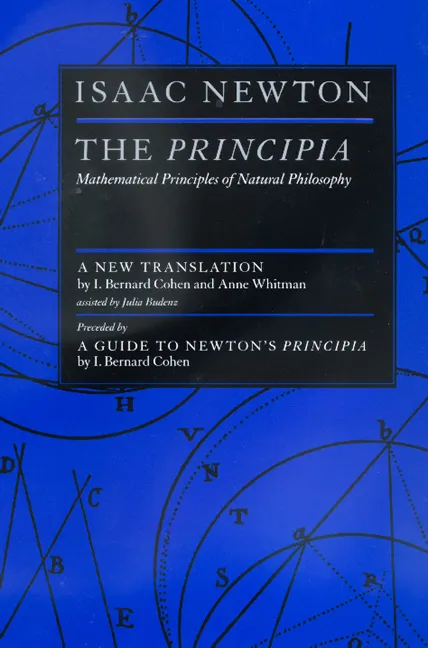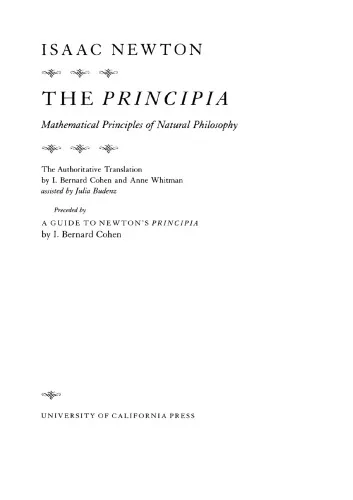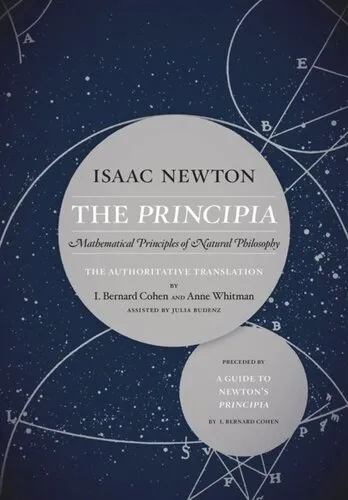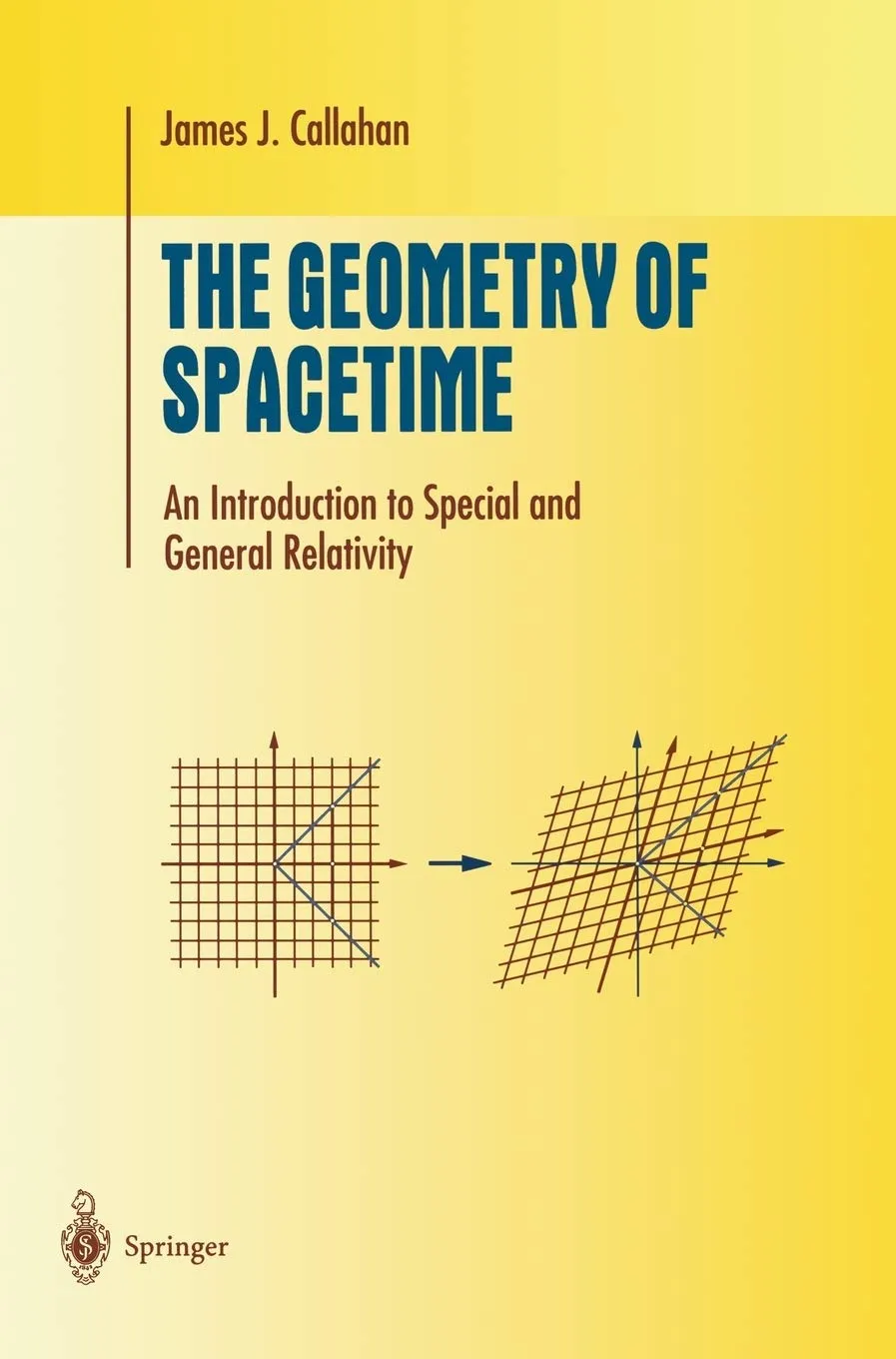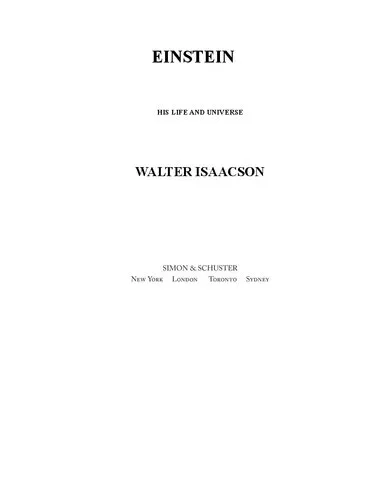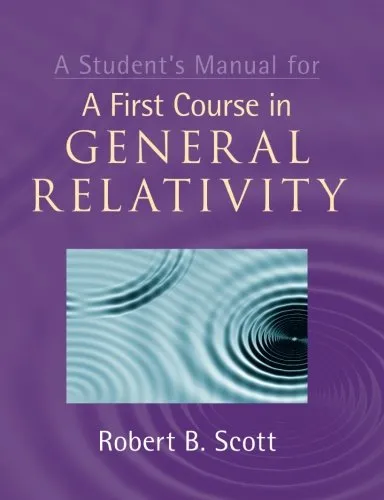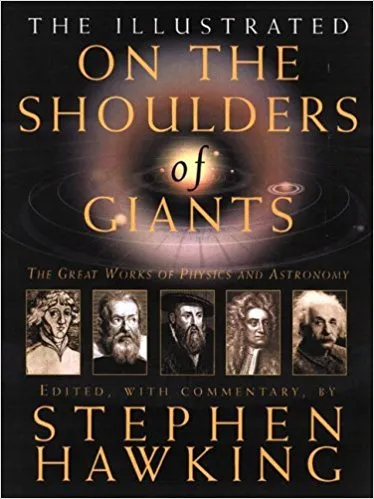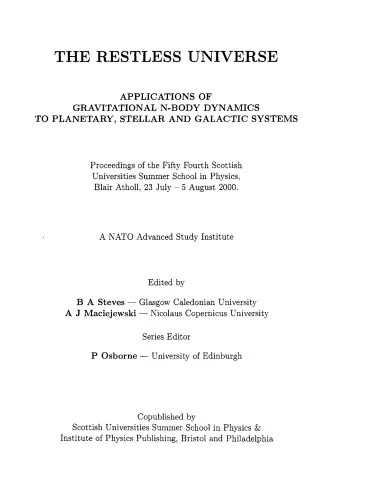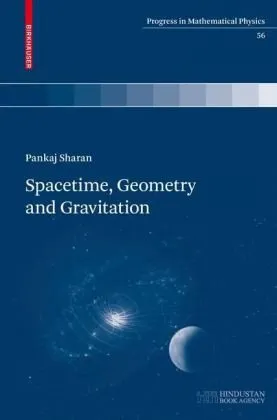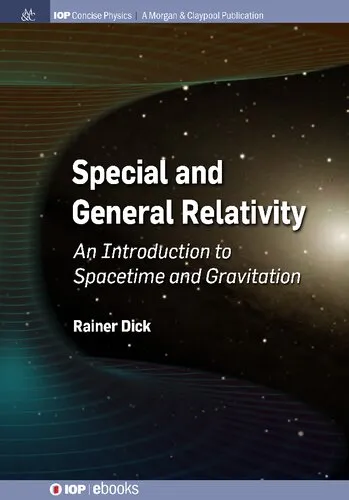Sir Isaac Newton’s Mathematical Principles of Natural Philosophy and His System of the World
4.6
Reviews from our users

You Can Ask your questions from this book's AI after Login
Each download or ask from book AI costs 2 points. To earn more free points, please visit the Points Guide Page and complete some valuable actions.Related Refrences:
Introduction to Sir Isaac Newton’s Mathematical Principles of Natural Philosophy and His System of the World
Isaac Newton’s Mathematical Principles of Natural Philosophy, commonly referred to as the Principia, is one of the most influential works in human thought and marks a monumental shift in our understanding of the natural world. First published in 1687, this groundbreaking text laid the foundation for classical mechanics, providing a comprehensive framework that explained both terrestrial and celestial phenomena. Newton's work united mathematics, physics, and astronomy into a cohesive system that has shaped modern science and technology. In this book, Newton encapsulates the laws of motion, universal gravitation, and the mathematical principles that govern the physical reality around us.
In addition to its scientific innovations, the Principia represents a remarkable intellectual achievement—even centuries after its publication. With the accompanying section The System of the World, Newton extends his mathematical principles to explain the motion of celestial bodies, giving rise to a deeper understanding of planetary motion that would profoundly impact observational astronomy, engineering, and navigation.
This annotated and translated version, meticulously edited by Andrew Motte in its 1729 English translation and later revised by mathematician Florian Cajori, ensures that the brilliance of Newton's insights is accessible to a wider audience. Below, we delve deeper into the contents of the book, its significance, and its continued relevance in the world today.
Detailed Summary of the Book
Newton’s Principia is divided into three major books, each addressing a crucial aspect of natural philosophy:
- Book I: The Motion of Bodies — This section defines Newton's famous Laws of Motion and explores how objects behave under forces. Through meticulous use of geometry and calculus (then called "fluxions"), Newton derives the principles that underpin nearly all classical mechanics.
- Book II: The Motion of Bodies in Resistant Mediums — Here, Newton examines motion through fluids (such as air and water), introducing concepts like drag and viscosity. His analysis extends to the study of oscillation, fluid dynamics, and the behavior of projectiles.
- Book III: The System of the World — This concluding part demonstrates how Newton’s laws govern planetary motion and universal gravitation. Using observational data from astronomers like Johannes Kepler, he explains the elliptical orbits of planets and the interactions between celestial bodies.
Throughout the text, Newton employs mathematical rigor to unify seemingly disparate phenomena, reinforcing the idea of a natural, predictable order in the universe.
Key Takeaways
Newton’s Principia offers several profound lessons that transcend its original scientific context:
- The Importance of Universal Laws: Newton’s Laws of Motion and Universal Gravitation are a testament to the idea that simple principles can explain complex systems.
- Mathematics as a Language of Nature: Newton demonstrated how mathematics could be used to describe and predict natural phenomena with extraordinary precision.
- Interdisciplinary Thinking: The book seamlessly combines mathematics, physics, and astronomy, underscoring the power of interdisciplinary approaches to problem-solving.
- Human Potential for Discovery: The Principia reflects the human ability to grasp fundamental truths about the universe through reason and observation.
Famous Quotes from the Book
While Newton’s writing is primarily mathematical, several passages provide insight into the philosophy underpinning his work:
- “To any action there is always an opposite and equal reaction.”
- “Nature is pleased with simplicity. And nature is no dummy.”
- “I frame no hypotheses; for whatever is not deduced from the phenomena is to be called a hypothesis.”
- “If I have seen further, it is by standing on the shoulders of giants.”
Why This Book Matters
The Principia not only revolutionized science but also laid the groundwork for many technological advancements we enjoy today. By elucidating principles of motion and gravitation, Newton provided tools that enabled the development of disciplines such as engineering, aerospace science, and modern physics.
Beyond its scientific impact, the book exemplifies the power of intellectual inquiry and meticulous reasoning. Its influence extends to philosophy, as Newton’s work inspired Enlightenment thinkers who applied the principles of reason and evidence to realms beyond science.
Ultimately, Mathematical Principles of Natural Philosophy is much more than a scientific text—it is a masterpiece that embodies the human quest for knowledge and our enduring desire to understand the universe.
In opening this timeless work, the reader steps into the mind of one of history’s greatest thinkers, embarking on a journey to uncover the fundamental truths that shape our world and beyond.
Free Direct Download
You Can Download this book after Login
Accessing books through legal platforms and public libraries not only supports the rights of authors and publishers but also contributes to the sustainability of reading culture. Before downloading, please take a moment to consider these options.
Find this book on other platforms:
WorldCat helps you find books in libraries worldwide.
See ratings, reviews, and discussions on Goodreads.
Find and buy rare or used books on AbeBooks.
1522
بازدید4.6
امتیاز0
نظر98%
رضایتReviews:
4.6
Based on 0 users review
Questions & Answers
Ask questions about this book or help others by answering
No questions yet. Be the first to ask!

